Know that you are your greatest enemy, but also your greatest friend
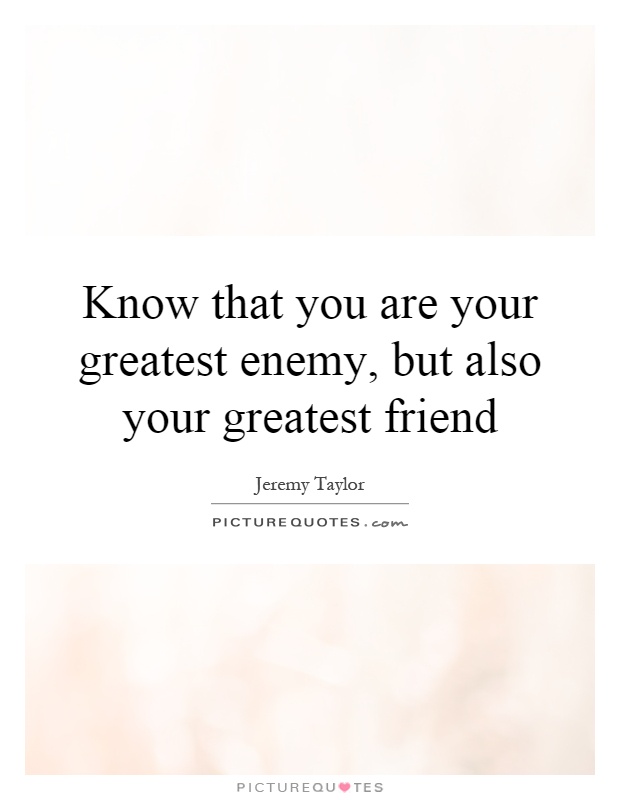
Know that you are your greatest enemy, but also your greatest friend
Jeremy Taylor, a 17th-century Anglican cleric and theologian, once said, “Know that you are your greatest enemy, but also your greatest friend.” This statement holds profound wisdom that is still relevant today. Taylor’s words remind us that our thoughts, actions, and choices can either uplift us or bring us down. We have the power to be our own worst enemy or our own best friend.In the context of Jeremy Taylor’s life and work, this quote can be interpreted in several ways. Taylor was known for his eloquent sermons and writings that emphasized the importance of self-reflection, self-discipline, and self-improvement. He believed that true happiness and fulfillment could only be achieved by mastering one’s own thoughts and emotions.
As a clergyman, Taylor likely encountered many individuals who struggled with inner demons such as doubt, fear, and self-loathing. He understood that these negative emotions could hinder one’s spiritual growth and prevent them from living a fulfilling life. By acknowledging that we are our own greatest enemy, Taylor was encouraging his followers to confront their inner demons and take control of their own destiny.
On the other hand, Taylor also recognized the potential for greatness within each individual. He believed that we have the power to overcome our inner demons and cultivate a sense of self-love and self-compassion. By acknowledging that we are our own greatest friend, Taylor was reminding us that we have the ability to uplift ourselves, support ourselves, and believe in ourselves.


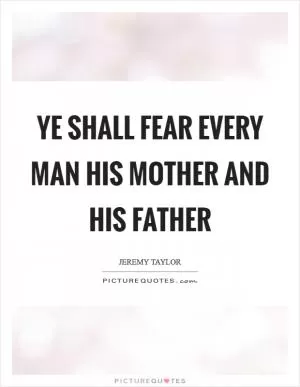
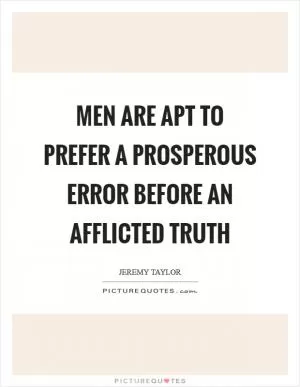

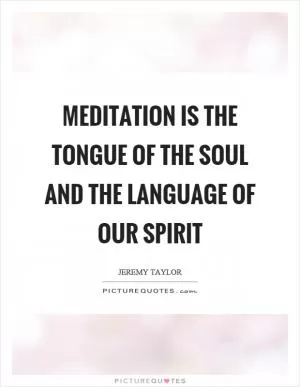




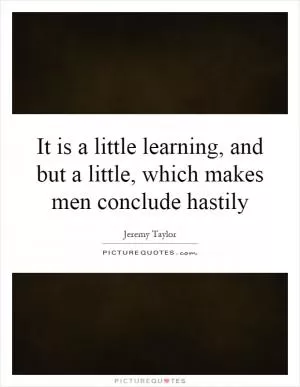

 Friendship Quotes
Friendship Quotes Love Quotes
Love Quotes Life Quotes
Life Quotes Funny Quotes
Funny Quotes Motivational Quotes
Motivational Quotes Inspirational Quotes
Inspirational Quotes